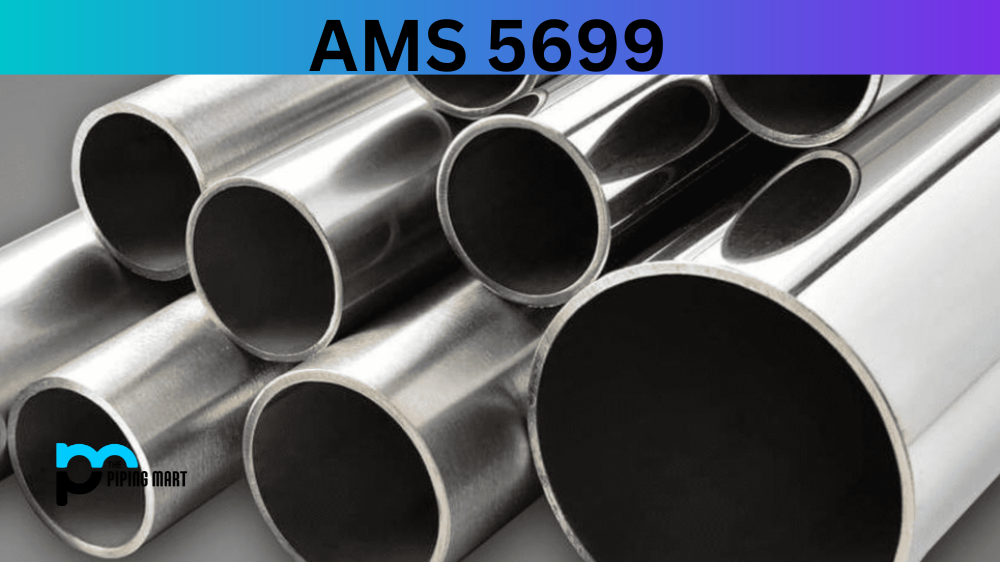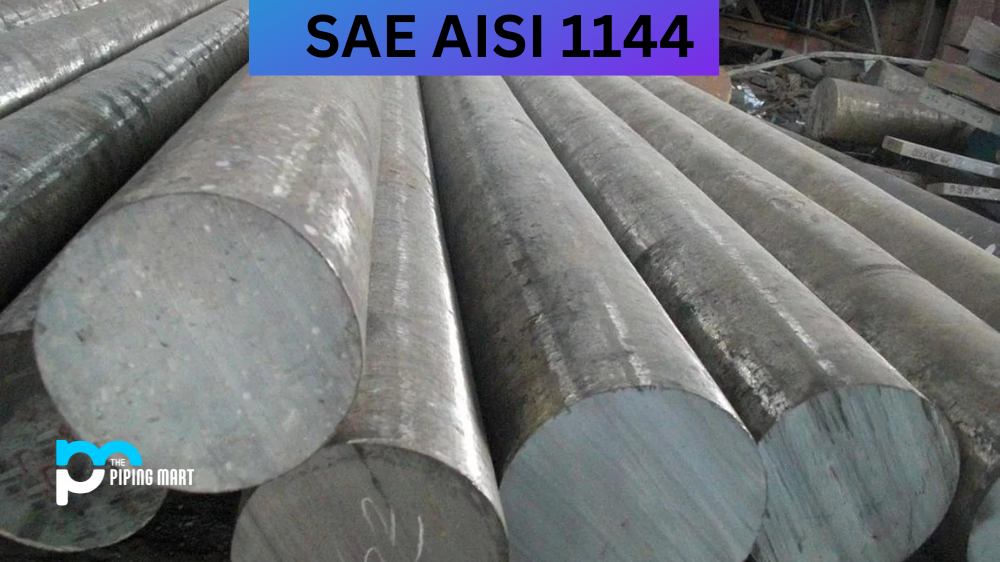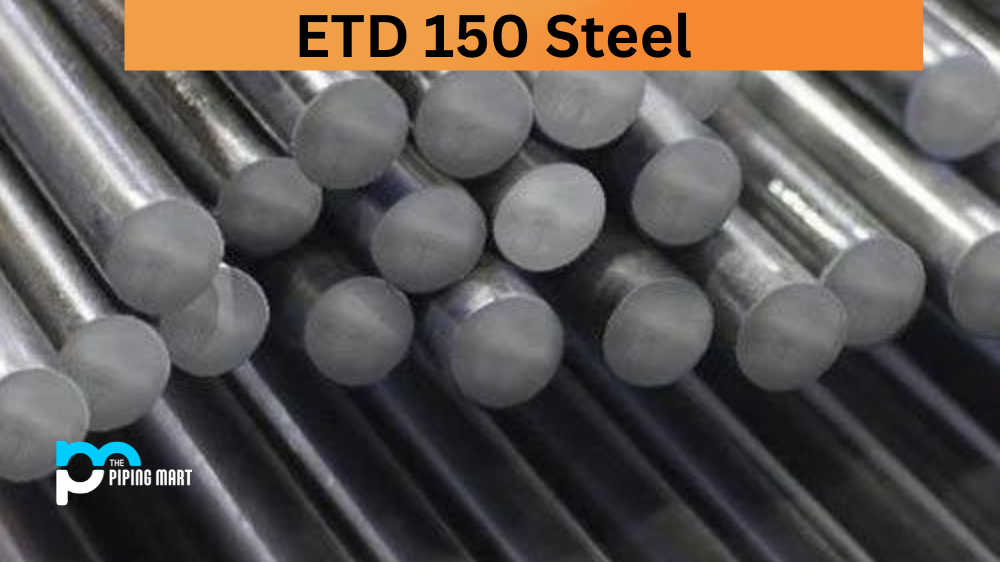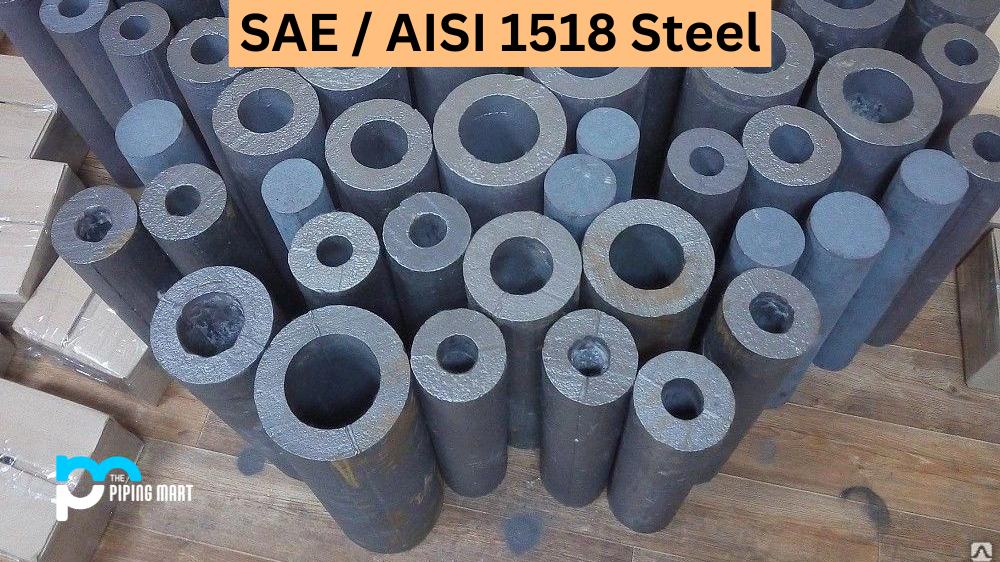AMS 5699 is a premium quality alloy steel designed to offer excellent strength, durability, and corrosion resistance in high-temperature environments. It is a widely used material in aerospace, defence, and nuclear industries for its outstanding properties. In this blog post, I will comprehensively understand AMS 5699, including its composition, physical and mechanical properties, and various applications.
What is AMS 5699?
AMS 5699 (also known as Inconel Alloy X-750) is a specification that outlines the requirements for a specific type of alloy used in aircraft parts, namely titanium. This alloy must meet strict standards to ensure its durability and capability to withstand extreme temperature changes and pressure. With suitable materials, our aircraft could soar through the skies with ease.
AMS 5699 Composition
AMS 5699 is a chromium-nickel-cobalt-molybdenum alloy steel containing 12-14% chromium, 25-30% nickel, 2-3% cobalt, and 1-2% molybdenum. It also includes small amounts of iron, carbon, manganese, silicon, and sulfur. The high percentage of nickel and chromium provides exceptional corrosion resistance to the material, while cobalt and molybdenum offer increased strength and durability.
| Element | Min % | Max % |
|---|---|---|
| C | – | 0.08 |
| Mn | – | 1.00 |
| Si | – | 0.50 |
| S | – | 0.01 |
| Cr | 14.00 | 17.00 |
| Ni | 70.00 | – |
| Nb/Cb | 0.70 | 1.20 |
| Ti | 2.25 | 2.75 |
| Al | 0.40 | 1.00 |
| Fe | 5.00 | 9.00 |
| Co | – | 1.00 |
| Ta | – | 0.05 |
| Cu | – | 0.50 |
AMS 5699 Physical Properties
AMS 5699 has a density of 7.85g/cm3 and a melting point of 1375-1425°C. It offers excellent resistance to high-temperature oxidation and thermal shock. The material also provides good resistance to wear and tear, fatigue, and creep. AMS 5699 has a low coefficient of thermal expansion, making it suitable for applications that demand dimensional stability over wide temperature variations.
| Density (lb / cu. in.) | 0.298 | |||
| Specific Gravity | 8.25 | |||
| Specific Heat (Btu/lb/Deg F – [32-212 Deg F]) | 0.103 | |||
| Electrical Resistivity (microhm-cm (at 68 Deg F)) | 731 | |||
| Melting Point (Deg F) | 2575 | |||
| Thermal Conductivity | 83 | |||
| Mean Coeff Thermal Expansion | 7 | |||
| Magnetic Permeability | 1 | |||
| Modulus of Elasticity Tension | 31 | |||
| Reduction of Area | 42 | |||
AMS 5699 Mechanical Properties
AMS 5699 has impressive mechanical properties, making it suitable for demanding applications. The material has a tensile strength of 760-1035 MPa, yield strength of 345 MPa, and a high elastic modulus of 210-220 GPa. The elongation at break of AMS 5699 is about 15%, enabling it to handle high strains without suffering structural deformities.
AMS 5699 Uses
AMS 5699 is widely used in the aerospace, nuclear, and defence industries. Its outstanding properties make it suitable for various applications, including gas turbine engine components such as afterburners, flame holders, and combustors. It is also used in nuclear reactors, providing excellent resistance to high-temperature oxidation and radiation damage. AMS 5699 is also used in missile and space applications.
AMS 5699 Hardness
AMS 5699 has a hardness of 30-35 HRc when it is annealed, and it can be hardened by heat treatment. The hardness of the material increases with the increase in carbon content. The hardness can be further improved by surface treatments such as shot peening, nitriding, or hard coatings.
AMS 5699 Heat Treatment
AMS 5699 can be heat treated to improve its hardness and strength. The heat treatment process involves annealing, followed by quenching and tempering. Annealing is done at 1100-1150°C, followed by air-cooling. Quenching is done at a temperature of 900-950°C, followed by tempering at a temperature of 600-650°C.
Conclusion:
In conclusion, AMS 5699 material is a premium quality alloy steel with excellent mechanical, physical, and corrosion resistance properties. Its use is widespread in high-temperature environments like aerospace, nuclear, and defence applications. Its properties make it ideal for use in gas turbine engine components, nuclear reactors, and missile and space applications. Heat and surface treatments can enhance the hardness, strength, and resistance to high temperatures. With this knowledge, manufacturers and users of AMS 5699 can make informed decisions concerning its use in different applications.

Abhishek is a seasoned blogger and industry expert, sharing his insights and knowledge on various topics. With his research, Abhishek offers valuable insights and tips for professionals and enthusiasts. Follow him for expert advice on the latest trends and developments in the metal industry.




